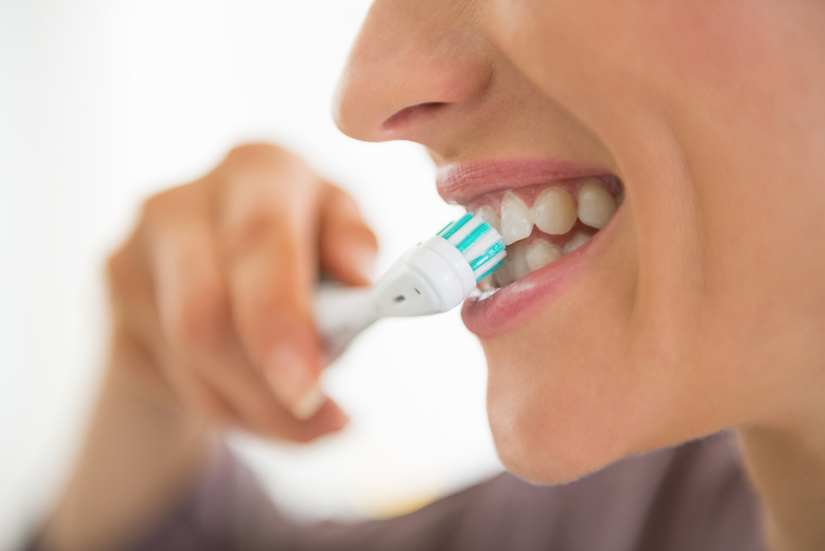
When you have a tooth sensitivity problem, it’s almost impossible to enjoy a cup of tea, coffee or ice cream without feeling some discomfort or pain, in some cases. Fortunately, with the right care, you can find the root cause of the problem and also come up with some appropriate remedies.
In order to know how to remedy the problem, it is important that you understand what causes it in the first place. Basically, when the outer layer (enamel) that protects the inner part (dentin) of the tooth wears off or gets damaged, the dentin will be left exposed to the effects of cold and heat.
Similarly, when your gums suffer damage, they might start receding. Since the gums protect the roots of our teeth, damage to them will almost certainly lead to sensitivity. Using the wrong toothbrush, brushing too hard, eating acidic foods, and poor dental work are just some of the most common causes.
Here are some of the most effective ways to resolve tooth sensitivity:
1. Treat receding gums
Dental care providers have the necessary expertise to restore or rebuild receding gums. Of course, you will need to have your gums checked first to determine if they are the actual reason you have Sensitive Teeth. One of the ways gums are treated involves tissue grafts. This is a procedure involves tissues being taken from one area of your mouth and be used to replace the missing tissue in your gums.
2. Paint job
Your dentist can place painted-on barriers on those sensitive areas. This is a great solution in cases where desensitizing toothpaste proves ineffective. Plastic resins and fluoride varnish are examples of desensitizing agents that could be placed on your teeth. They wear off after some time, which means you might have to reapply later on.
3. Avoid acidic foods/drinks
Acidic foods such as pickles and oranges can be very harsh on your enamel. Also fruit juices, pop and red wine or drinks that can lead to teeth sensitivity. Apart from limiting your intake of these foods and drinks, you should also make sure you brush your teeth 20 to 25 minutes after taking them. Even if your teeth have not become sensitive, you should still limit acidic food intake to protect them.

4. Change your brushing technique
Using a harsh toothbrush and scrubbing too vigorously increase the chances of teeth sensitivity by wearing away their enamel. Poor brushing technique also causes gum recession. If you haven’t been paying attention to your brushing habits, it is high time you did.
5. Find special toothpaste for tooth sensitivity
There are some toothpaste brands that cater for people dealing with teeth sensitivity. Although they don’t necessarily work for everyone using them would be a great place to start if the problem has not reached extreme levels. Before you start using any of these kinds of toothpaste, ask for directions from your tooth care specialist.
Rather than having to go through the pains of dealing with teeth sensitivity, you should do everything within your power to ensure it doesn’t occur in the first place. Once it affects you, it progressively gets worse if left untreated. As soon as you realize you have a small problem, it is important that you find the most appropriate solution as soon as possible.
To read more on topics like this, check out the health category.